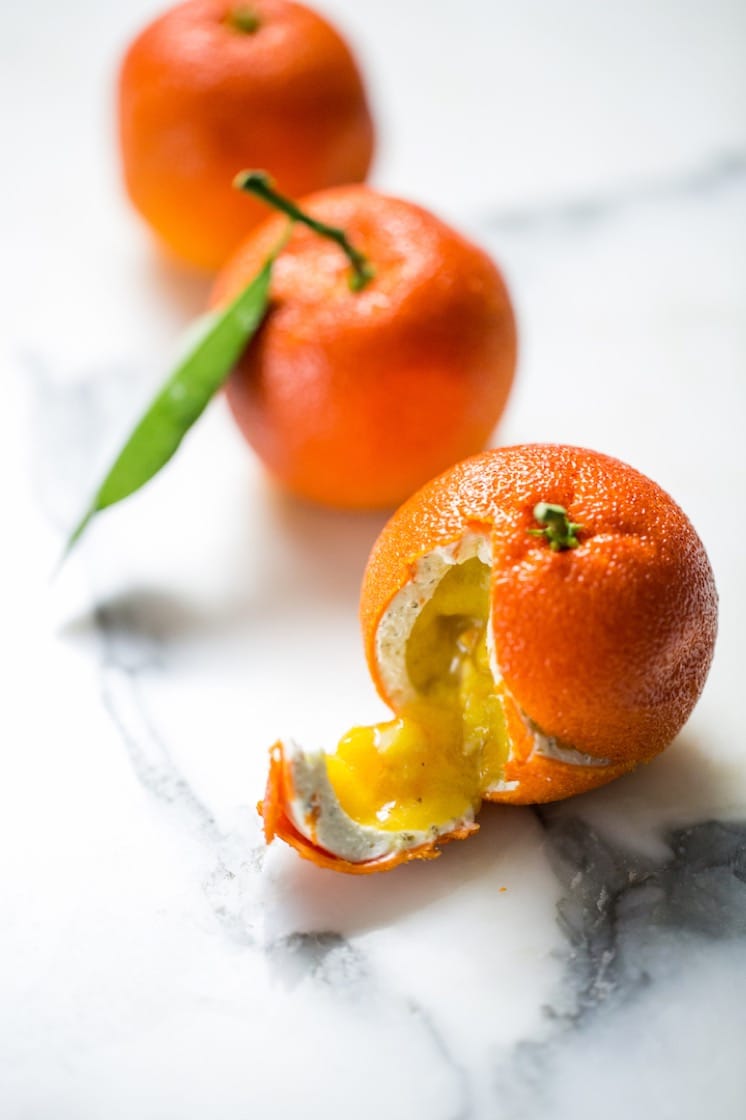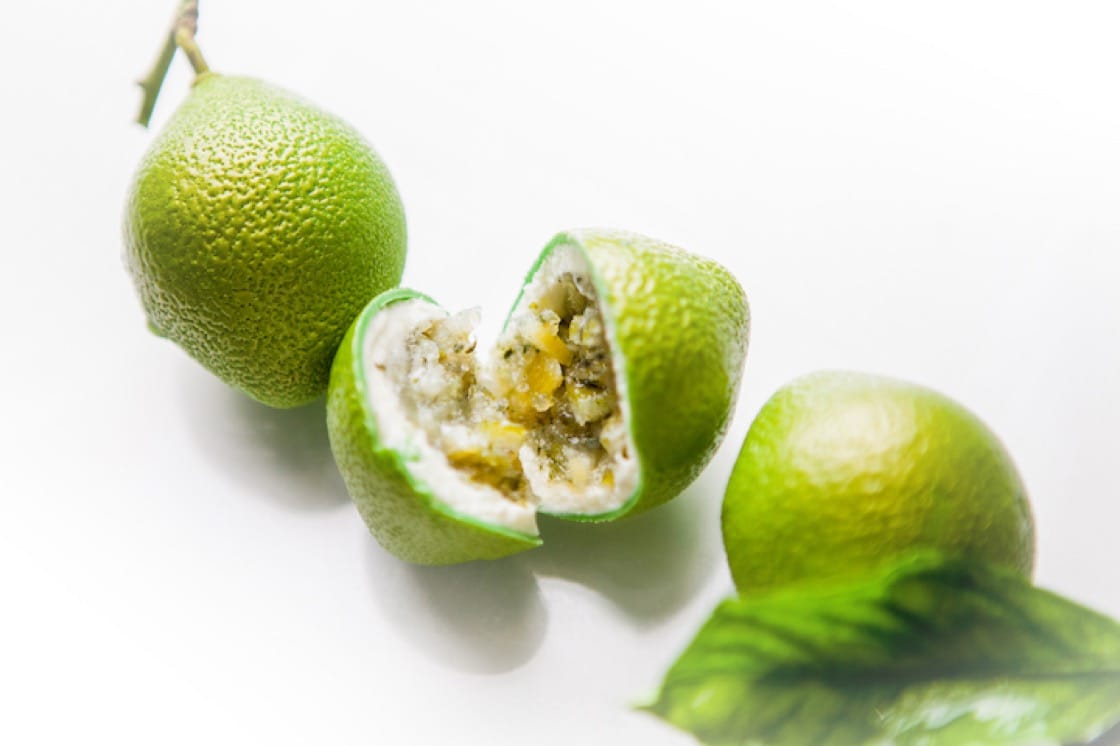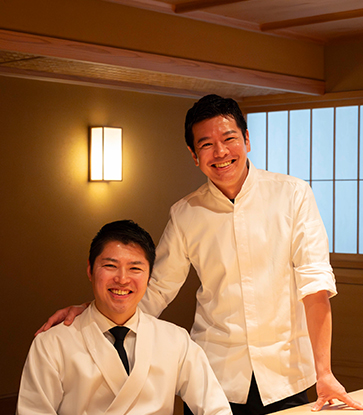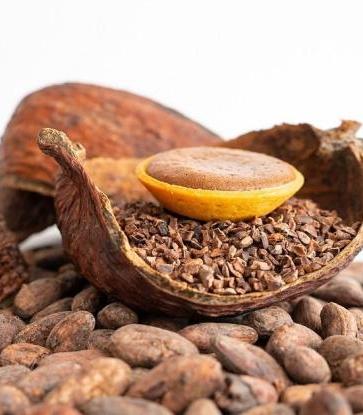Attention, pastry connoisseurs: if you have not heard of Cédric Grolet, it is time to put him on your radar.
The executive pastry chef of the iconic Le Meurice hotel and its two-MICHELIN-starred restaurant Le Meurice Alain Ducasse in Paris is undoubtedly one of the hottest names in the French pastry world.
Grolet's posts of his artful creations on social media has garnered him close to a million followers on his Instagram account (@cedricgrolet). Beyond the tens of thousands of likes he gets for every post, Grolet is just as critically acclaimed among industry peers. His career has seen a meteoric rise over the years, along with a burgeoning collection of industry accolades.
In a specially arranged interview ahead of the opening of his Parisian pastry boutique, La Pâtisserie du Meurice par Cédric Grolet, the celebrated chef gives us a rare glimpse into his culinary beliefs and his thoughts on how Instagram has helped him to reach fans around the world.

Entering the World of Pastry
Grolet is a native of the Loire Valley, which is also home to the largest World Heritage Site region in France that is accredited by UNESCO. Growing up surrounded by numerous castles in a picturesque valley dotted with quaint riverside villages and vast vineyards, the concept of beautiful and good food are not foreign to him. He has never spent a day at home without good wine, cheese and honey that were laid on a colourful tablecloth, coupled with lively chatter among townsmen, he says.
As a child, he considered his grandparent’s restaurant his playground. He had the first taste of the kitchen action as a 13-year-old apprentice, and set his sights on carving out a future career as a patissier just a year later.
“I never liked studying and had really bad results at school. I wanted to cry whenever I got called by a teacher to answer questions,” Grolet recalls.
The challenging time he endured in the classrooms became his catalyst to enter the culinary world at a young age. “French pastry is beautiful. That’s what captured my attention at the beginning. While the appearance of a pastry is still important to me now, I’m more obsessed with the endless combinations of textures and flavours,” he notes.
RECOMMENDED: Les Amis’ Pastry Chef Cheryl Koh’s Food Guide To Paris

Finding His Flavour
Grolet moved to Paris at the age of 20 to pursue his dreams of becoming a pâtissier. He started out making macarons at the century-old French gourmet food establishment, Fauchon. During the year-and-a-half stint, he had to prepare tens of kilograms of batter daily. “I was almost driven crazy!” he exclaims at memories of the tedious chore.
After dipping his toes into pastry-making, Grolet widened his knowledge in the company's bakery and product development departments, where he specialised in desserts under the tutelage of chef Christophe Adam, who later went on to found celebrated French pastry chain, L’Éclair de Génie.
READ MORE: Tips To Tasting Chocolate Like A Pro
When asked to describe his serious attitude and mental strength, some of Grolet’s ex-colleagues praised his determination to get the job done, so much so that he would often lose track of time — even for tasks he did not enjoy.

Career-defining moments
Having established a reputation for his technique and tenacity, Grolet was soon entrusted with a more prominent role at Fauchon: to handle product development and staff training simultaneously. He was later deployed to set up new teams for the chain's overseas outlets in Beijing, Dubai and Morocco.
This globetrotting experience is one of the factors that honed his international outlook, Grolet says. Upon leaving Fauchon after six years, Grolet snagged the coveted position of pastry sous chef of the historic palace hotel, Le Meurice, which proved to be a career-defining moment for him, as he got promoted to be the pastry chef following the departure of his predecessor. In 2012, French culinary luminary Alain Ducasse took over the hotel’s fine-dining restaurant and gave Grolet the opportunity to create the desserts on his menu.
“[Ducasse] is someone with a very high standard. He told me that while I had very good technique, it was not enough, because there are so many great chefs out there with fantastic techniques. He wanted me to showcase more personal style and character in the desserts,” Grolet says of Ducasse.
The partnership with the godfather of French cooking was a huge challenge, but was also a vital source of inspiration which shaped Grolet professionally. “Alain Ducasse is in fact not a big fan of sugar. He gave me a suggestion to cut back the sweetness, and instead highlight the natural taste of the ingredients as much as possible,” Grolet says. Ducasse also gave him another piece of homework: to create desserts that stimulate the senses.

Fruits of His Experience
Grolet’s desserts these days bear his trademark style: they have a fruity appearance and a molten ganache filling in which the taste of fresh fruit is enriched by a hint of vanilla or other seasonings of his choice. The fruity notes are vivid on the first bite, yet the filling is light enough that it doesn't cloy the palate. It is not overly sweet and will not leave one overwhelmed even after finishing an entire piece.
All these qualities in Grolet’s new confections have exceeded Ducasse’s expectations, but the pastry maverick is not one to rest on his laurels, Grolet says.
Classics in a New Light
The pastry chef once said in a previous interview: “If I got hold of a traditional recipe, I would put my touch to improve it.” So what does tradition mean to him?
“It’s a necessity—to Paris, and to France. It’s an indispensable part of our culture,” Grolet elaborates. “Preserving the DNA of French pastries is very important, because it’s the root of everything. I just want to make them lighter and more exquisite."
"Because the time has changed, and so has our sense of aesthetics. We don’t rely on lots of sugar to make something delicious anymore. Flavour comes from technique, choice of ingredients and proportion," he continues. That's what evolution means.”

According to Grolet, his pastry philosophy is to not repeat what others have done, but to create confections with a personal expression. For example, his desserts each spotlight a single ingredient. He will never combine different tastes, but instead try to maximise a pure flavour and make diners aware of what they are eating by preserving the "original character of the hero ingredient”.
As Grolet's recognition grows, so, too, have the number of imitations of his creations. For someone whose large fan following on Instagram can easily make many world-class chefs envious, Grolet admits that managing Instagram is no easy feat.
“Instagram breaks the geographical barrier and restrictions, allowing people from all over the world to see my desserts and interact with me. It also brings me new clients. I pay a lot of attention to the presentation of my work to ensure that these pictures on Instagram arouse people’s interest,” he says.

However, the Instagram-friendly appearance of his confections does not mean that he will permit a compromise on its flavours, he says: “It frustrates me sometimes when I create something that is beautiful but not delicious enough. I won’t put it online because it doesn’t meet my standards.”
When asked who takes all the eye-catching shots we see on Instagram, Grolet says in mock exasperation, “It’s me!”
On the kind of legacy he would like to leave for French pastry community, Grolet points out he only wants to make the best desserts. His dream is to one day spread his style of patisserie around the world. March 20 marked the opening of his first patisserie, backed by Le Meurice, in the 1st arrondissement in Paris, but Grolet considers that only the first step to his grand destination — and we can hardly wait for more.
















